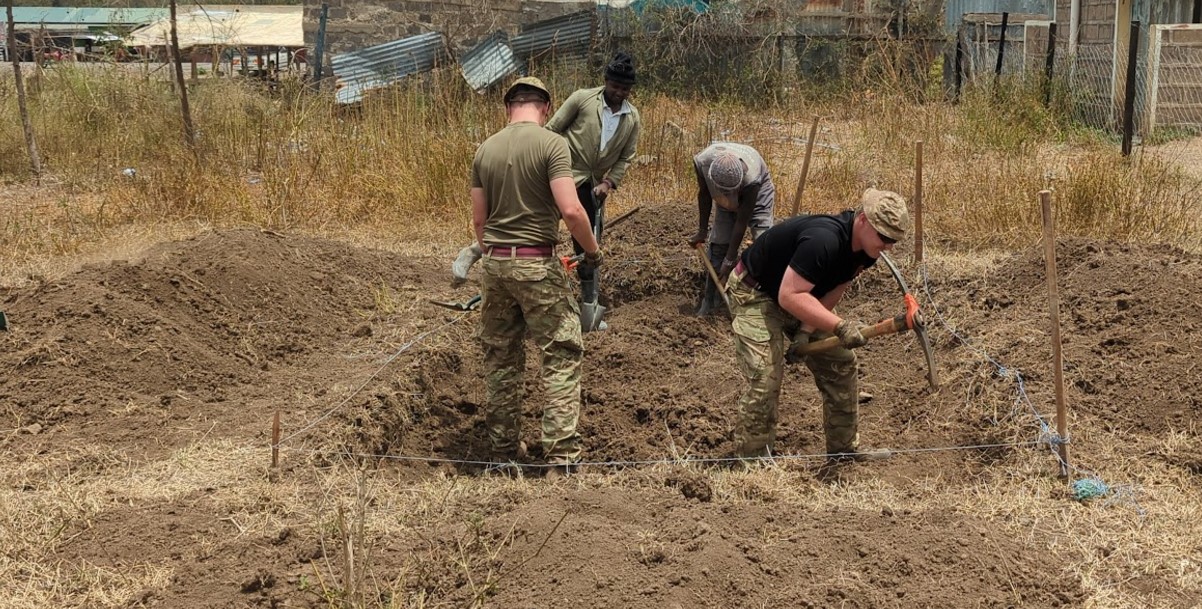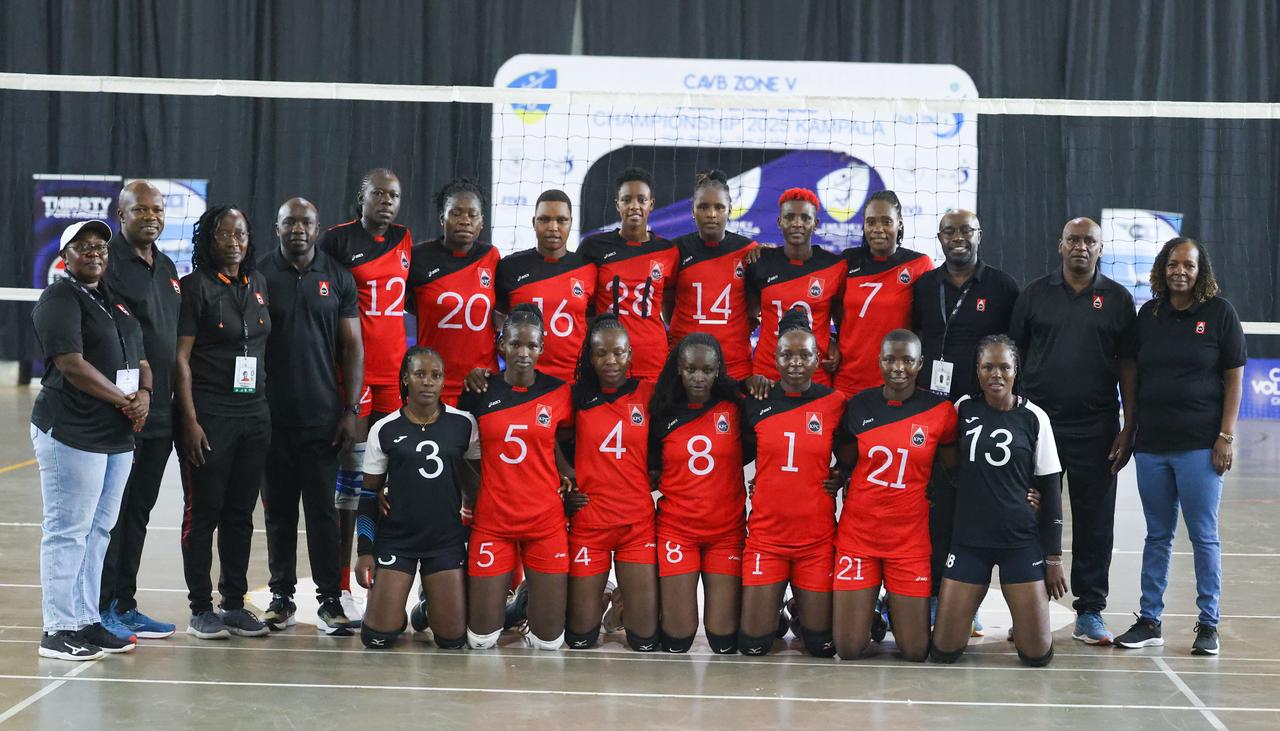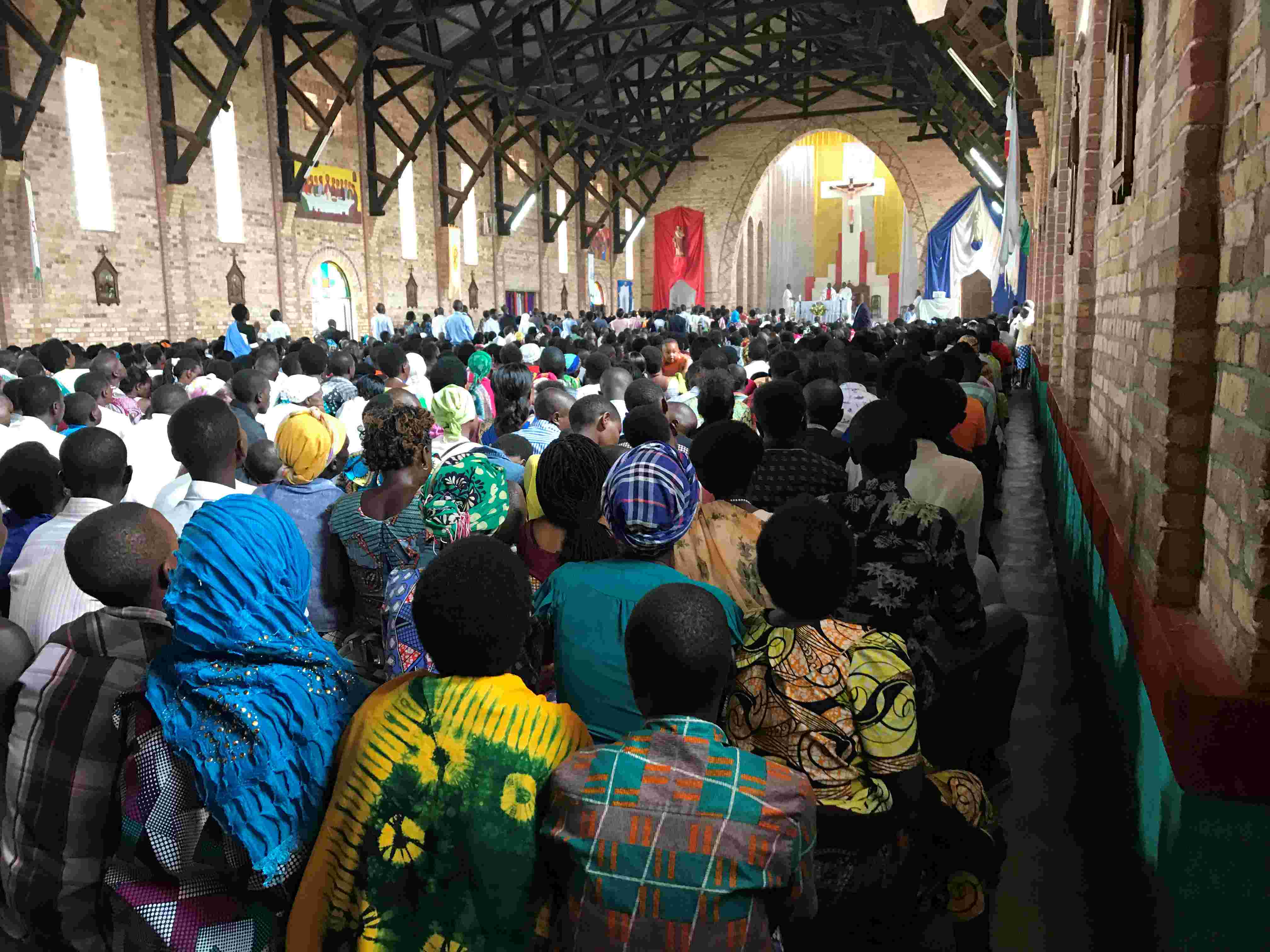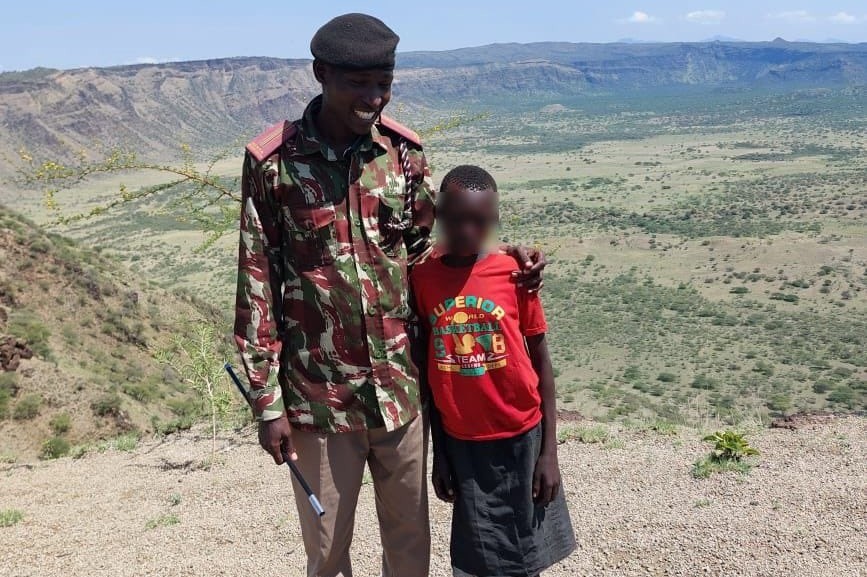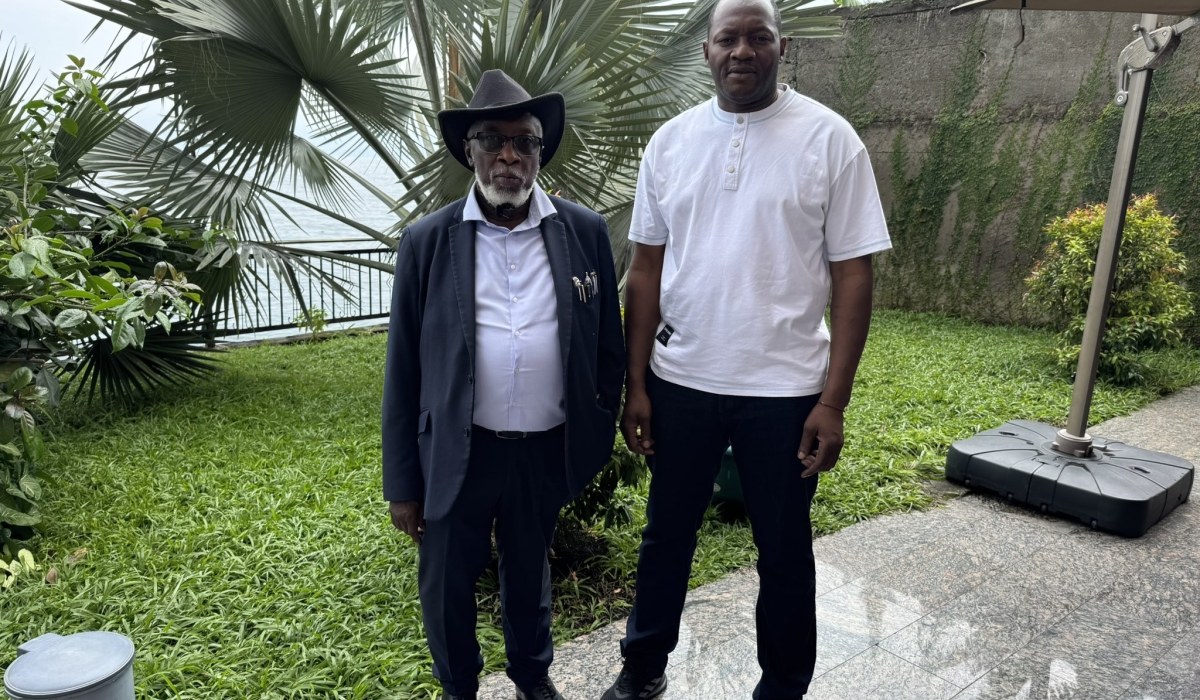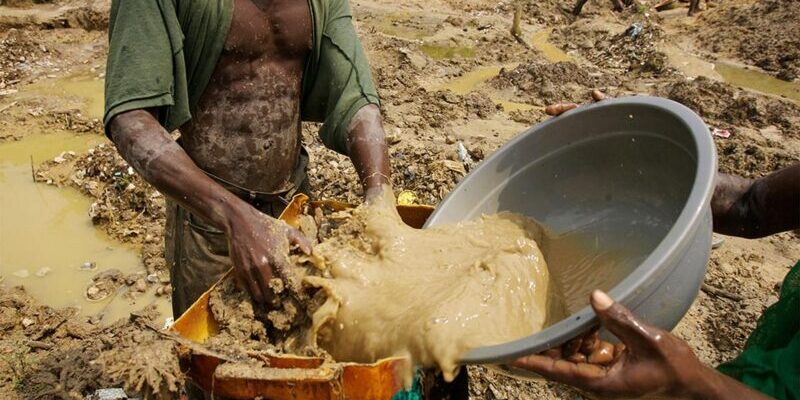Working through pain: The overlooked health crisis among Kenya’s informal labourers
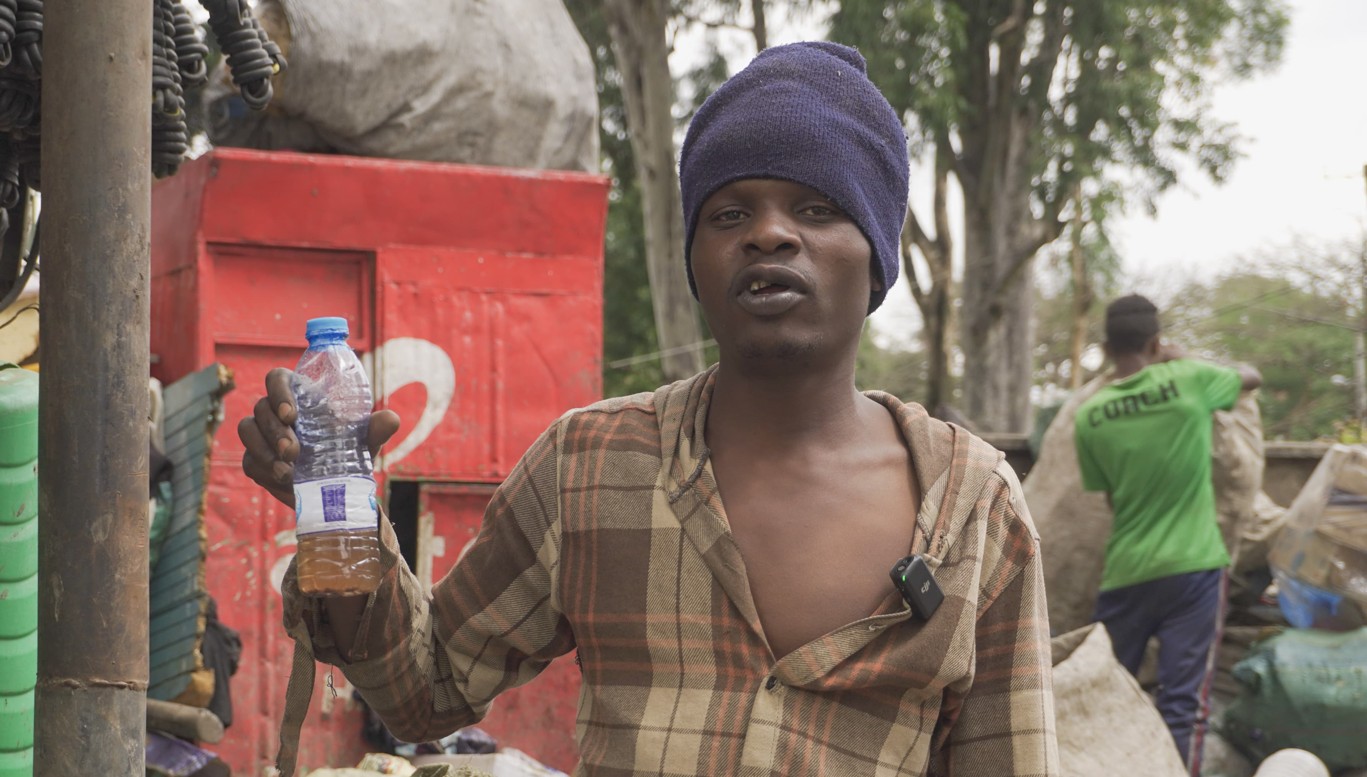
In a world where survival depends on showing up, even blood and pain don’t qualify as reasons not to report to work.
Each day in Kenya’s cities and informal settlements, countless workers take on risky jobs—often without protective gear, employment contracts, or dependable healthcare—putting their bodies on the line to earn a living.
Whether it's garbage collectors sorting through sharp debris, mechanics handling rusted metal, or tailors enduring repeated needle pricks, injuries are constant companions.
More To Read
- Lobby group Okoa Uchumi warns 2025 budget will raise costs, deepen inequality in Kenya
- Over 650,000 Kenyan children aged 10-17 using tobacco or nicotine, Health Ministry warns
- Cholera death toll in Africa surpasses 2,400 as South Sudan, DRC, Angola and Sudan hardest hit
- Senate probes expired drugs crisis in counties, citing public health threat
- Man sues over cancer deaths, seeks ban on toxic chemicals, stronger health protections
- Expired drugs, broken equipment: North eastern Kenya’s healthcare system on the brink
But in a world where survival depends on showing up, even blood and pain don’t qualify as reasons not to report to work.
Abubakar Hassan’s daily reality is one of risk.
As a garbage collector handling waste with bare hands, he regularly encounters sharp objects like broken glass and rusted metal, making cuts and bruises a routine part of his day.
He’s been wounded so many times he’s lost count. Deep gashes, blood dripping, tetanus shots hurriedly taken—but he never follows up. There’s no time. There’s no choice.
“This is our job. If you don’t show up, someone else takes your place. So even when you’re bleeding, once you’ve taken the injection, you go back to work. You sort and hustle. No one will feed you if you stay home.”
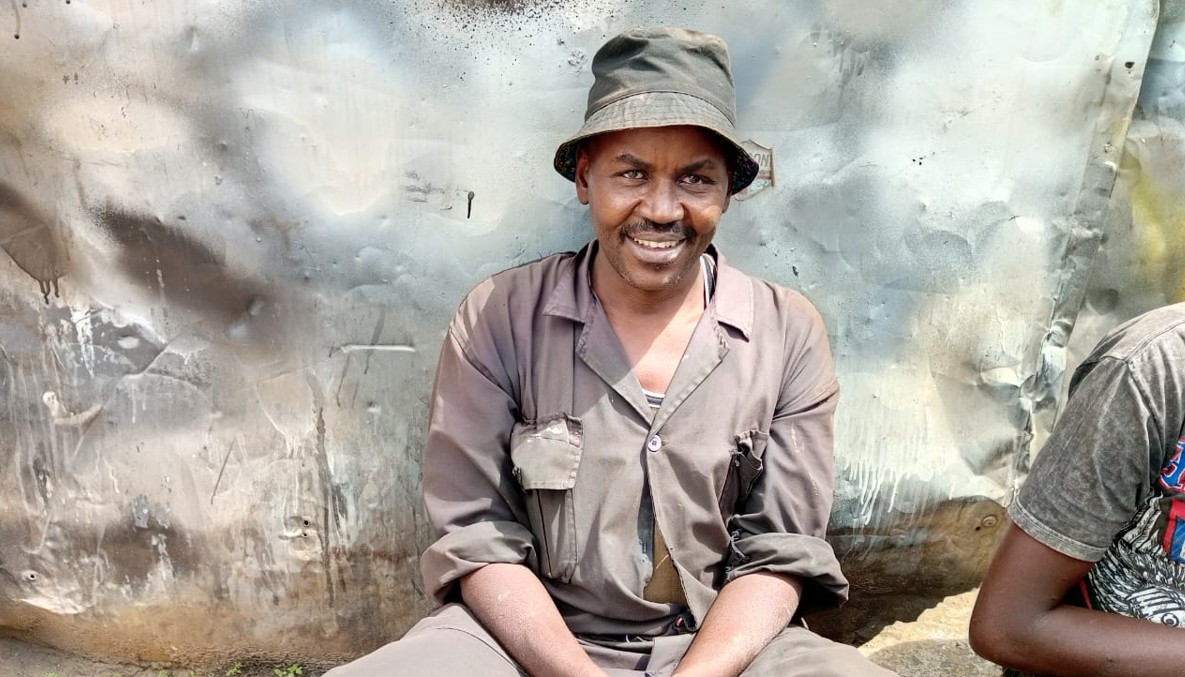 Peter Muchiri explains how the nature of his job as a mechanic leads to frequent cuts and injuries. (Photo: Justine Ondieki)
Peter Muchiri explains how the nature of his job as a mechanic leads to frequent cuts and injuries. (Photo: Justine Ondieki)
Open, untreated injuries
Despite needing regular wound care, Abubakar often works with open, untreated injuries. He shrugs it off.
“Sometimes the wound isn’t even cleaned. We just cover it or leave it open. Somehow, it heals. That’s how we survive.”
His story reveals a painful truth in the informal economy: rest is a luxury, and healing is often left to chance.
In Eastleigh, mechanical engineer Peter Muchiri bears the marks of his profession—cuts from sharp tools, bruises from hammers, and wounds from exposed nails.
“You don’t work in this field and escape without scars.”
Medical costs
Like many others, Peter doesn’t always seek medical help. The cost is too high, and the time is too short. He believes tetanus shots should be a routine practice, not just a reaction to injury.
“I think it should be every three months. But sometimes I just ignore the wounds. They heal on their own.”
His decisions are guided more by the type of metal than by medical advice.
“If I think the metal was rusty, I go to the clinic. If not, I don’t bother. Sometimes you’re hurt, but you keep going. You can’t afford to stop. Only if the wound is too big, that’s when you pause.”
Private hospitals dominate the area, and treatment is expensive. For Peter, it’s often a question of priorities—his work must continue, even if his body suffers.
Eusebni Hudson, another Eastleigh mechanic, shows faded scars across his hands and arms. These are not old battle wounds but regular reminders of daily labour.
“Every day, there’s something. A wrench slips, and a part cuts you. You get used to it.”
He knows about tetanus and even tries to get the shots when he can, but work doesn’t always allow it.
“Sometimes I just don’t go. Clients are waiting. You have to deliver. You hope it heals. And most of the time, it does.”
His approach—half caution, half resignation—is typical in the informal sector. The pressure to earn overrides everything else.
Eva Ochieng spends her days bent over fabric, scissors, razors, and needles. Injuries are part of her craft.
“Sometimes the needle pricks you so deep it bleeds a lot. But you just pour some spirit, put a plaster, and keep working.”
Recently, she cut herself badly with a razor, but she didn’t stop. Despite the risks, she has never received a tetanus shot.
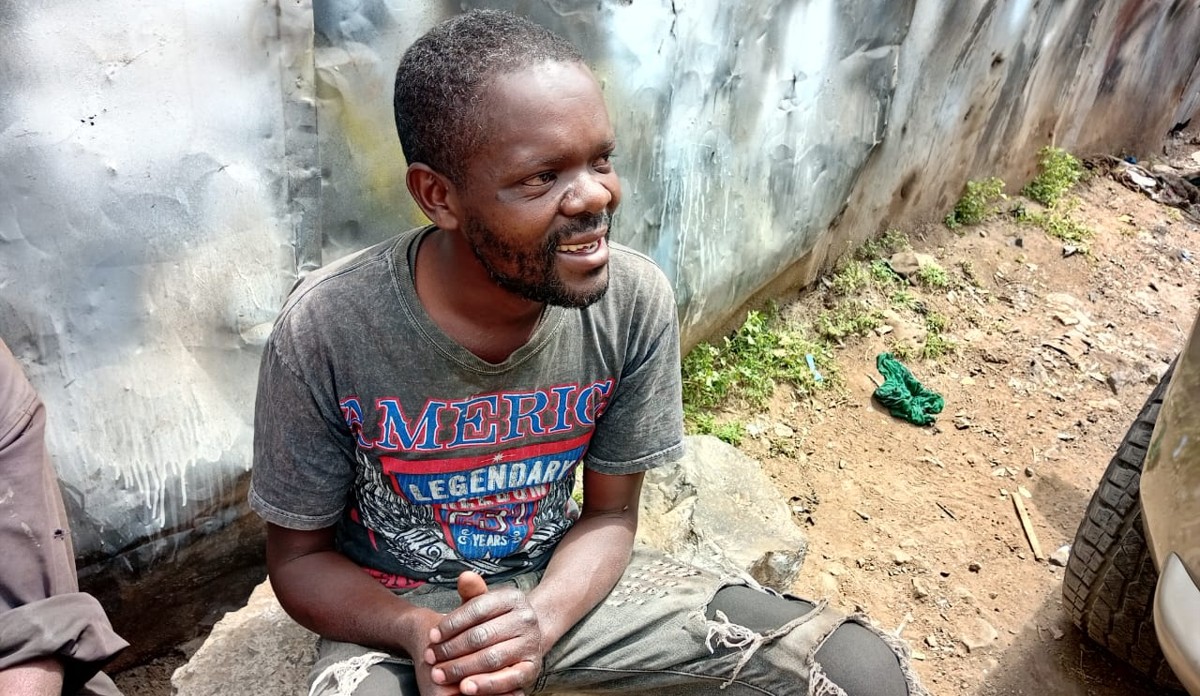 Eusebni Hudson explains the risks and realities of working with untreated wounds in his daily job. (Photo: Justine Ondieki)
Eusebni Hudson explains the risks and realities of working with untreated wounds in his daily job. (Photo: Justine Ondieki)
Only source of income
“This is my work. My only source of income. I couldn’t rest; I’ve never had one. I believe if I clean the wound with spirit, I’ll be fine.”
In Kenya, tens of thousands rely on informal labour—construction, welding, garbage collection, tailoring—to survive.
Yet these jobs often come without any safety protections.
Injuries are not just common but expected, and with no money for time off or treatment, many continue working while silently enduring the pain.
Public health risks
The consequences of untreated wounds go beyond individual suffering. They pose significant public health risks, especially from tetanus, a deadly infection caused by bacteria in soil and rusted metals.
Dr Esther Mukuhe, a physician based in Eastleigh, has become all too familiar with the health risks faced by informal workers—construction labourers, garbage collectors, and mechanics—many of whom report to her clinic with injuries sustained on the job.
“Some patients come in with their supervisors, who make sure they get treated and follow through with the full medical advice. But others—especially those without support—only show up for the initial tetanus shot and disappear.”
Mukuhe explains that while the tetanus vaccine is a critical first step, proper wound cleaning, dressing, and daily follow-ups are just as essential in preventing severe infections. Unfortunately, many patients skip these steps, fearing they’ll lose their jobs if they take time off work.
“A tetanus shot costs around Sh500. For many, that’s already a stretch. But the real problem is the time. They’re afraid that if they leave work to come for follow-ups, they’ll be replaced.”
She recalls a recent, alarming case—a woman who had fallen and been cut by a sharp metal object. The wound had been hastily sewn at a nearby facility but not properly cleaned. She failed to return for her scheduled dressing appointments and only came to Mukuhe’s clinic three days later.
“By the time she came in, the wound was badly infected. It was swollen, oozing pus, and already turning blackish-green—a clear sign of tissue necrosis and serious infection. We had to reopen and clean it completely. The healing process became far more complicated and painful.”
Mukuhe notes this is not uncommon.
Many patients initially take the tetanus shot but fail to complete the aftercare, mainly because of work pressures, cost, and the misconception that one injection is enough.
“The danger is not just the initial cut. It’s what happens after. Without proper cleaning and dressing, wounds can deteriorate quickly, leading to gangrene, systemic infection, or even amputation. A simple follow-up visit could mean the difference between recovery and permanent damage.”
Dressing wounds
Mukuhe warns that dressing wounds is crucial, even if it’s painful. Ignoring treatment can lead to dangerous infections, even amputations.
“Tetanus shots should be taken immediately. Delays are dangerous. If a wound starts turning black or green, it’s already rotting. At that point, cleaning is not optional—it’s urgent.”
The World Health Organisation (WHO) warns that untreated wounds and missed tetanus vaccinations can lead to serious health risks.
Without proper cleaning, wounds can become infected, causing pain, swelling, or life-threatening conditions like sepsis.
Tetanus, caused by bacteria entering through cuts, attacks the nervous system and can cause muscle stiffness, lockjaw, and even death if not treated promptly.
WHO recommends a full schedule of tetanus vaccines from infancy, with booster shots throughout life, especially after injuries.
Proper wound care—cleaning and dressing wounds immediately—also helps prevent infection and serious complications like gangrene, which may require amputation.
Top Stories Today








